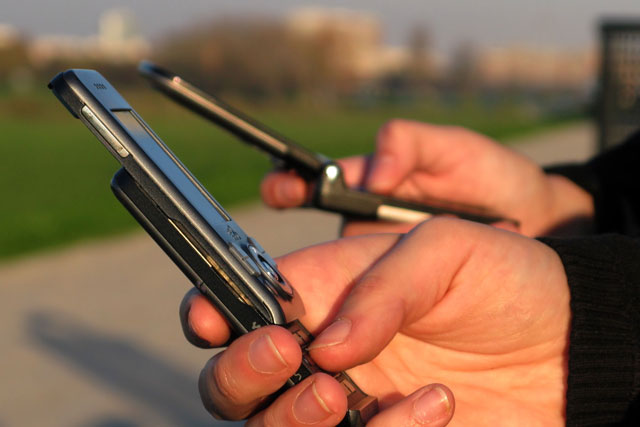
The media regulator's decision to allow EE to roll out the first 4G network in the UK, was met with intense criticism from rivals, and threat of litigation, as they claimed it was anti-competitive.
Ofcom and the newly appointed culture secretary Maria Miller have been making moves to reconcile the situation by meeting with the major operators over plans to bring forward the auction, meaning they would be able to roll out 4G by spring next year, rather than the end of the year as originally expected.
r to inform her that he has been in contact with the chief executives of each of the major network operators and they have all confirmed they do not intend to bring a legal challenge to its auction decision, or 1800 MHz liberalisation decision.
To implement the earlier 4G roll out, the 800MHz frequency band, vacated by the digital switchover, is to be used. However this raised concerns that the signal used for Freeview TV could be affected.
As part of the agreement reached, EE, O2, Three and Vodafone has officially formed a company, called Digital Mobile Spectrum Limited, which will be responsible for ensuring that consumers continue to receive clear Freeview TV signals.
Miller said: "I am pleased that the mobile operators will be working together to ensure that no viewers lose their television services when 4G is rolled out, and congratulate them on setting up the assistance scheme so quickly."


.jpg)


.jpg)